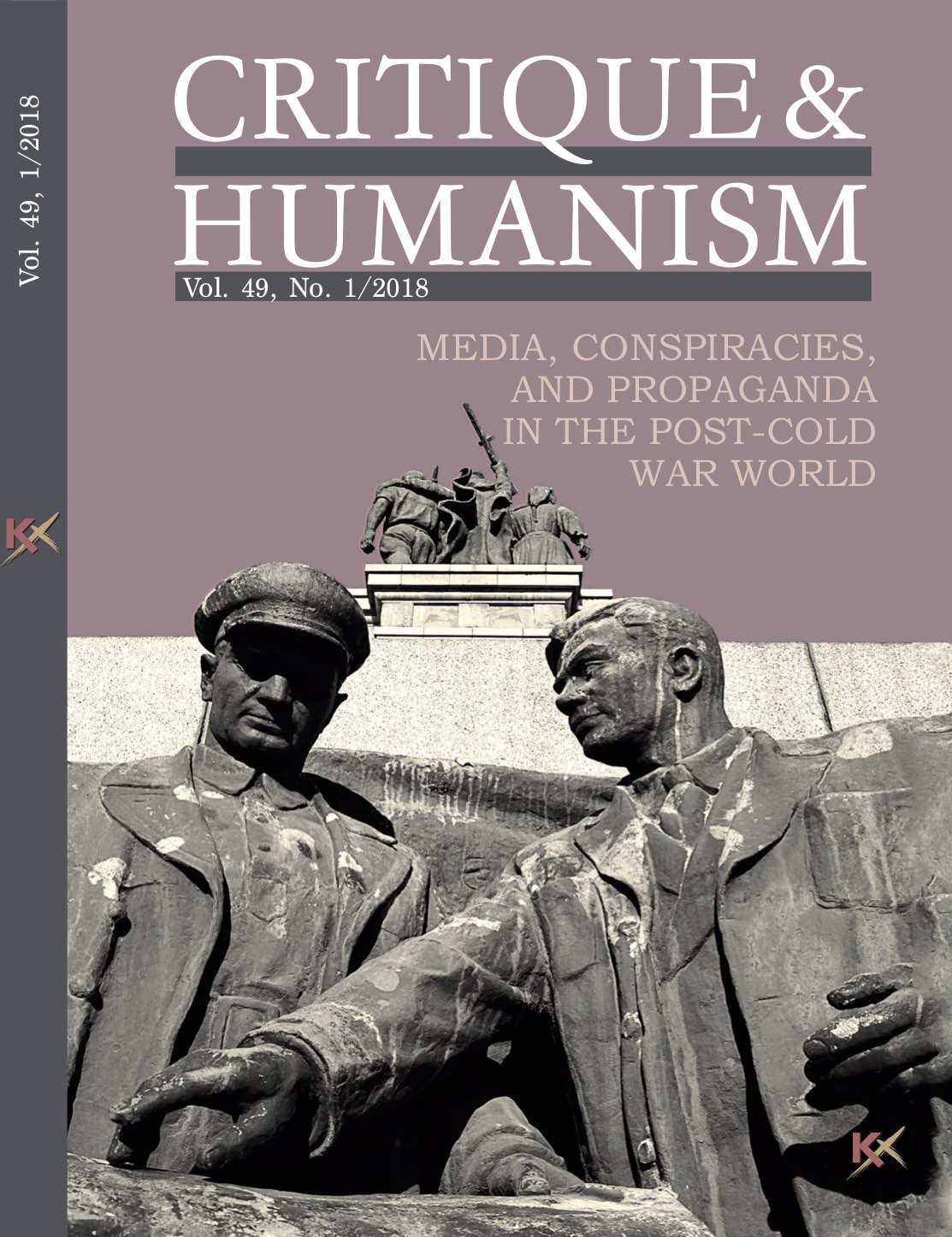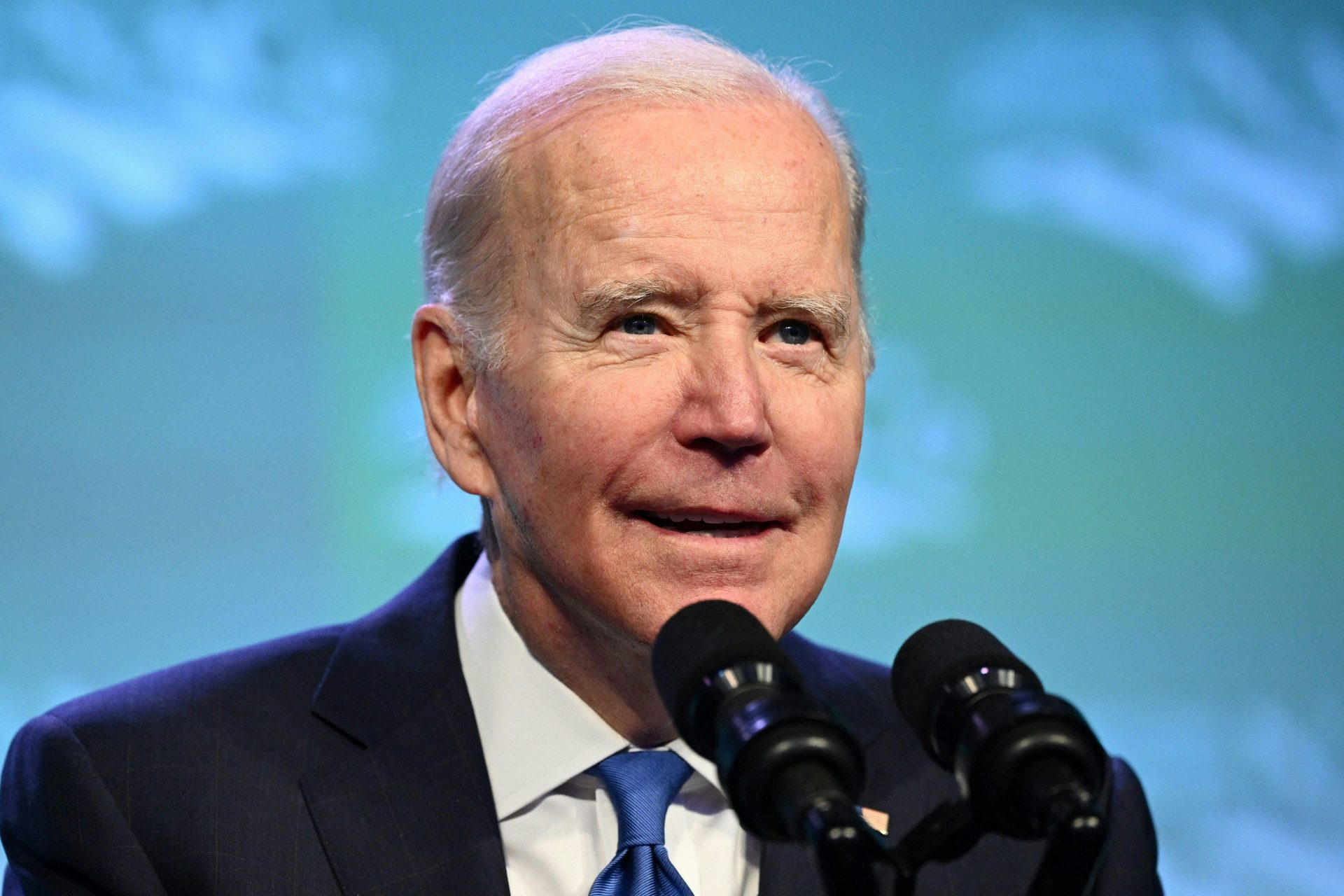Unraveling The Enigma: Deep State - Truth, Conspiracy, And National Security has published. This topic is of paramount importance as it uncovers the hidden powers that exist within national security structures. Digging deep into this topic provides a comprehensive insight into the covert operations and secretive networks often shrouded in mystery and misconceptions.
Editor's Note: Unraveling The Enigma: Deep State - Truth, Conspiracy, And National Security have published today date
After going through the book, we put together this guide to help you make the right decision on whether or not to read it. We conducted a deep analysis and dug into the information to provide you with the insights you need.
Key Differences or Key Takeaways:
| Feature | Unraveling The Enigma: Deep State - Truth, Conspiracy, And National Security |
|---|---|
| Unveils | Hidden powers within national security structures |
| Investigates | Covert operations and secretive networks |
| Exposes | Misconceptions and truths about deep state activities |
Transition to main article topics:
- The nature and scope of deep state activities
- The historical evolution of deep state networks
- The impact of deep state operations on national security and global affairs
- The challenges of exposing and countering deep state activities
- The implications of deep state activities for democratic governance and civil liberties
FAQ
Unraveling The Enigma: Deep State - Truth, Conspiracy, And National Security Unraveling The Enigma: Deep State - Truth, Conspiracy, And National Security offers a comprehensive look into the secretive world of the deep state. Read on for our team of experts' answers to some of the most frequently asked questions about this controversial topic.
![[JFK ASSASSINATION DEEP STATE CONSPIRACY THEORIES - ISSUE NO. 1]. The [JFK ASSASSINATION DEEP STATE CONSPIRACY THEORIES - ISSUE NO. 1]. The](https://pictures.abebooks.com/inventory/30446752335.jpg)
[JFK ASSASSINATION DEEP STATE CONSPIRACY THEORIES - ISSUE NO. 1]. The - Source www.abebooks.co.uk
Question 1: What is the definition of the deep state?
The deep state refers to a clandestine network of government officials, military leaders, intelligence agents, and corporate elites who are believed to operate outside of the public's view and influence policy decisions in their own interests.
Question 2: Is the deep state a real phenomenon or just a conspiracy theory?
While the term "deep state" is relatively new, the concept of a shadowy group influencing government has existed for centuries. Evidence suggests that the deep state may exist to some extent, although its exact scope and influence are still debated.
Question 3: What are the potential dangers posed by the deep state?
Critics argue that the deep state undermines democracy and accountability by making decisions without public scrutiny. They also fear that it can be used to suppress dissent and manipulate elections.
Question 4: What measures can be taken to counter the influence of the deep state?
Increasing transparency, strengthening oversight mechanisms, and promoting public awareness are all crucial steps in addressing the potential risks posed by the deep state.
Question 5: Is it possible to eliminate the deep state completely?
It is unlikely that the deep state can be eradicated entirely. However, through concerted efforts to promote transparency and accountability, its influence can be minimized.
Question 6: What should individuals do to stay informed about the deep state?
Staying updated on current events, reading reputable news sources, and critically evaluating information are essential for understanding the role of the deep state and its potential impact on society.
The deep state is a complex and multifaceted topic. This FAQ provides a concise overview of some of the most important questions and concerns surrounding it. To delve deeper into this subject, we encourage you to read the full article, "Unraveling The Enigma: Deep State - Truth, Conspiracy, And National Security."
To the next article section:
Tips
Unveiling the truth about the Deep State requires a cautious and analytical approach. Here are effective tips to guide your research:
Tip 1: Verify Sources
Scrutinize the credibility of news outlets, websites, and individuals providing information. Look for established and reputable sources, such as academic journals, government agencies, or non-partisan think tanks.
Tip 2: Seek Multiple Perspectives
Avoid relying on a single source. Gather information from diverse viewpoints, including both mainstream and alternative sources, to gain a more comprehensive understanding.
Tip 3: Examine Evidence
Evaluate the evidence presented to support claims. Look for concrete data, credible witnesses, and logical arguments. Beware of sensational or speculative statements.
Tip 4: Consider Context
Understand the historical and political context of the claims being made. This helps determine if they are rooted in reality or reflect a particular agenda.
Tip 5: Avoid Overgeneralization
Be cautious of sweeping generalizations that portray entire groups or institutions as inherently malicious. Instead, focus on specific individuals or entities involved in specific actions.
Tip 6: Respect Privacy
While researching sensitive topics, respect the privacy of those involved. Avoid publishing unsubstantiated allegations or compromising personal information.
Summary
By adhering to these tips, researchers can navigate the complex world of Deep State investigations with greater clarity and critical thinking. This approach empowers informed decision-making and promotes a deeper understanding of the interplay between truth, conspiracy, and national security.
Unraveling The Enigma: Deep State - Truth, Conspiracy, And National Security
The term "deep state" has gained significant currency in recent years, often invoking images of secretive and unelected actors operating in the shadows to influence national policy. To unravel the enigma surrounding this concept, it is essential to delve into its constituent aspects, exploring both its factual underpinnings and conspiratorial fringes:
- Institutional Inertia: Bureaucratic systems often perpetuate their own agendas, resistant to change or external control.
- Specialized Expertise: Deep state actors may possess unique knowledge and expertise, potentially giving them outsized influence.
- Covert Operations: Intelligence agencies often operate in secrecy, conducting clandestine activities that can impact national security.
- Conspiracy Theories: The concept of a "deep state" has been entangled with conspiracy theories, alleging clandestine machinations.
- Checks and Balances: Democratic systems typically incorporate mechanisms to prevent the concentration of power within a deep state.
- Historical Precedents: Powerful elites have historically exerted influence behind the scenes in various societies.

CEEOL - Article Detail - Source www.ceeol.com
Examining these intertwined aspects provides a nuanced understanding of the deep state phenomenon. While it is crucial to recognize the potential for institutional inertia and the role of specialized expertise, it is equally important to scrutinize conspiracy theories and uphold the checks and balances that safeguard against the abuse of power. Ultimately, unraveling the enigma of the deep state requires a balanced approach that considers both its factual basis and its potential as a tool for political manipulation.
Unraveling The Enigma: Deep State - Truth, Conspiracy, And National Security
The concept of a "Deep State" is a widely discussed topic, often associated with conspiracy theories. "Unraveling The Enigma: Deep State - Truth, Conspiracy, And National Security" delves into the heart of this topic, examining the connection between national security, truth, and conspiracy.
If it wasn't aliens or Chinese spies, what were the UFOs shot down over - Source www.msn.com
The book investigates the alleged existence of an unelected, secretive group within governments, operating behind the scenes to influence policy and decisions. These individuals, purportedly composed of career bureaucrats, intelligence officers, and military leaders, are said to maintain a level of power rivaling that of elected officials.
The exploration of the "Deep State" narrative in this book serves as a reminder of the importance of understanding the complex interplay between politics, intelligence, and national security. Accurately dissecting the facts from fiction is crucial to navigate the complexities of modern geopolitical landscapes.
The publication undertakes a thorough examination of real-life examples, shedding light on historical events and current affairs where the alleged influence of the "Deep State" has been debated. By scrutinizing these instances, readers gain insights into the potential implications of such a clandestine force on the functioning of democratic societies.
